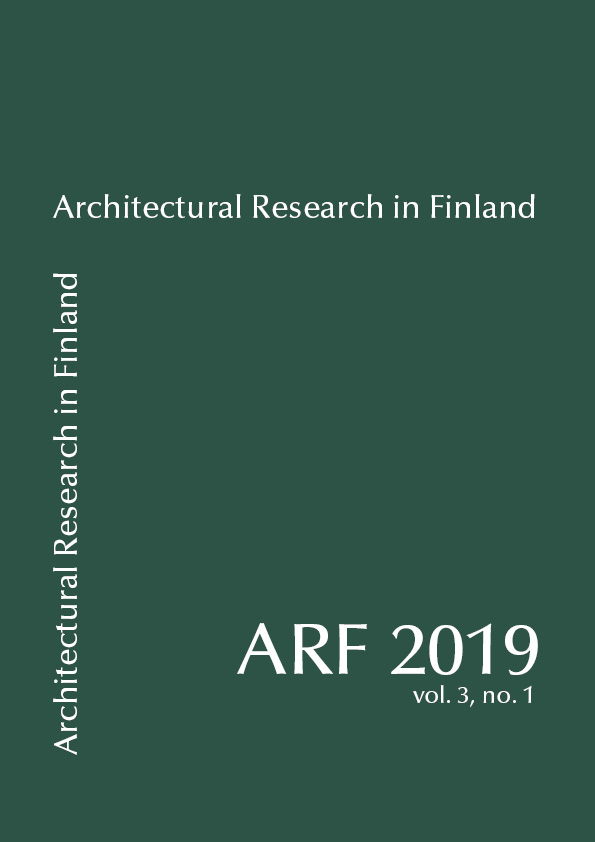Alternative Approaches to Urban Regeneration and Infill Planning
Case Turku, Finland
DOI:
https://doi.org/10.37457/arf.121666Avainsanat:
infill development, urban regeneration, growth-dependency, organizational learning, four territories of experience, TurkuAbstrakti
In Finland, cities consider infill development as a means for urban regeneration in existing suburbs. However, the preconditions for development may vary: some areas are more attractive for infill development projects than others. Therefore, cities must align their urban regeneration approaches with the specifics of the context.
This paper builds on the notions that the prevailing growth-dependent urban planning paradigm is not functional in areas demarcated by low growth or stagnation. Planning that seeks to bring value for the localities by appreciating their strengths and non-monetary assets might provide grounds for alternative planning approaches. From these starting points, we explore how Finnish urban planners align their urban regeneration approaches with different contexts. We aim at identifying when the growth-dependent approach is used, whether alternative approaches are deployed, and what are their underlying logics. Our analytical framework originates from organizational learning theory of action inquiry. It explains how urban regeneration visions, strategies and actions are adjusted to low growth contexts. The empirical material consists of three urban regeneration cases in the Finnish City of Turku.
As a result, three approaches to urban regeneration with different emphases on infill development are depicted and discussed. The growth-dependent approach is used in areas with strategic importance for the City, and possibilities for urban growth. Alternative approaches seek to support local development initiatives or inspire development in areas where it does not yet exist. The contribution of this exploratory paper is to demonstrate that urban planners in Finland deploy alternatives to growth-dependent planning and provide conceptualizations of alternative planning approaches.




